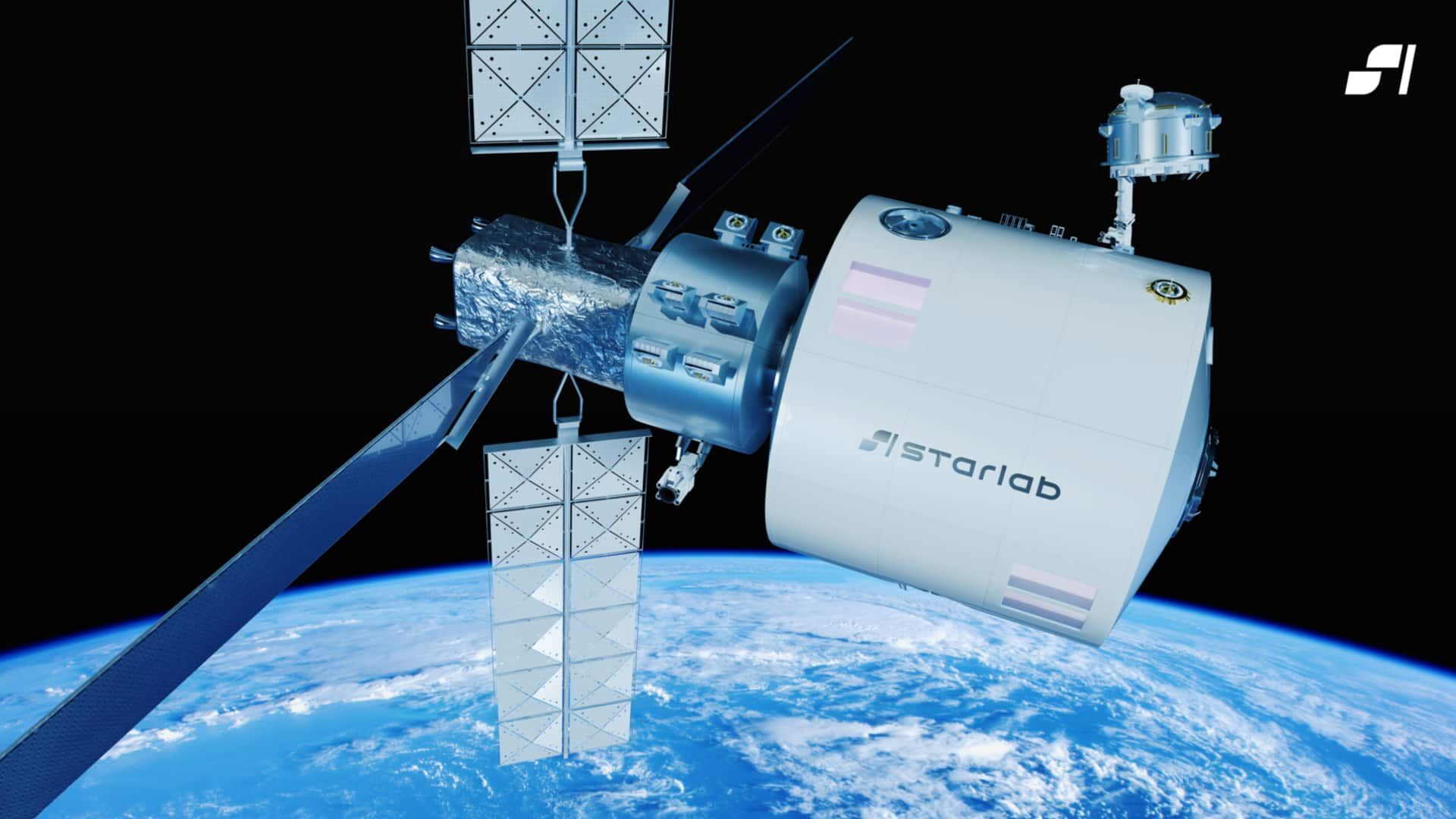
ESA eyes Airbus-Voyager Space's commercial space station for orbital needs
What's the story
The European Space Agency (ESA) has entered into a memorandum of understanding with Airbus and Voyager Space to explore collaboration through their commercial space station, Starlab, currently under development as a successor to the International Space Station (ISS).
This agreement seeks to ensure European access to low Earth orbit for astronaut missions, scientific endeavors, and commercial growth following the ISS's retirement in 2030.
ESA Director General Josef Aschbacher praised the transatlantic industry effort and Starlab's significant European footprint.
Details
Commercial space stations like Starlab to take on ISS's role
In December 2021, NASA chose Starlab as one of three space station concepts to replace the ISS, allocating $415.6 million to three Space Act Agreements under its Commercial Low Earth Orbit Development Program.
Blue Origin and Northrop Grumman signed the other two agreements.
For over two decades, ESA has relied on the ISS as a space-based laboratory for conducting experiments, research, and sending astronauts. Commercial space stations like Starlab are anticipated to assume this role once the ISS is retired.
More
Airbus, Voyager Space jointly working on Starlab
Europe's Airbus and Colorado-based Voyager Space are jointly working on the development, construction, and operation of Starlab through a $160 million contract.
Airbus, initially chosen for design assistance, became a key partner in the project in August. The Airbus and Voyager Space collaboration guarantees Europe's involvement in low Earth orbit activities.
Voyager Space President Matthew Kuta emphasized the significance of this ESA agreement in promoting international cooperation in space exploration and sustaining Europe's leadership in the emerging commercial space sector.
Insights
Starlab's launch to happen in 2028
The commercial space station Starlab is set to launch in 2028.
The agreement between ESA, Airbus, and Voyager Space represents a major milestone in securing European access to space for future astronaut missions, research initiatives, and commercial prospects.
As the ISS nears its retirement, the development of Starlab and other commercial space stations will be vital in maintaining human presence and operations in low Earth orbit.